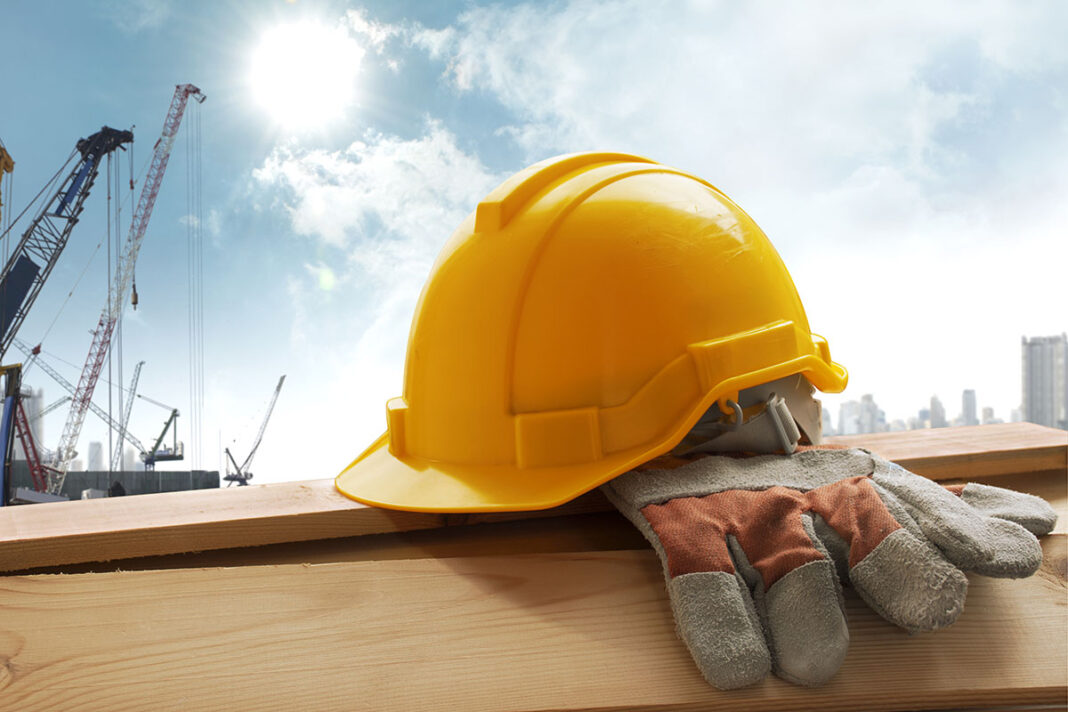
To mark Mental Health Awareness Week 2021, Chris MacLeod, regional director for GRAHAM, discusses the importance of reducing awkwardness around the topic within the construction industry
THE impact of the global pandemic has been wide-reaching, both in the workplace and on our personal lives. The pressures of working from home, the uncertainty of furlough, isolation from friends and family and health worries have resulted in a much-publicised mental health crisis, with the current Scottish Government pledging to increase its investment in mental health services by at least 25%.
It is little surprise that the national picture is mirrored in the construction industry. Research by the Chartered Institute of Building found that 26% of construction industry professionals thought about taking their own lives in 2019 – that is even before the Covid-19 pandemic had hit the industry. Given that sobering research has previously found that construction workers are significantly more likely to commit suicide than become injured from a fall on-site, this is disturbing.
The physical wellbeing of those working within the construction industry has been a hot topic for years. Contractors, including GRAHAM, place the utmost importance on robust working practices, valuing the health and safety of our teams above anything else and the efforts we have made to prevent on-site accidents are well publicised. However, in recent years we have trained a much sharper focus on mental health as well as physical. The reasons why construction workers are more likely to suffer from poor mental health are numerous. The most obvious factor is the demographic – suicide is the biggest killer for males under 45 in the UK and this group is significantly represented within our workforce.
There is also the nature of construction work – often our people work away from home and for long hours which can feel stressful and lonely. In addition, working in an environment which is viewed as particularly masculine can emphasise feelings of isolation and encourage those who are struggling to stay ‘strong and silent’ as opposed to seeking much-needed help.
The truth is that although poor mental health is not purely a construction issue, it is a topic that we all have a responsibility to tackle head on – and urgently – given the statistics.
The question is how and what contractors can do to play their part?
Our approach needs to be twofold – to support our people on a personal level and to take an overarching approach to break down social stigmas, unconscious biases and stereotypes.
At GRAHAM, we introduced a wellbeing strategy to support our employees, introducing an online hub which provides advice on how to manage their mental health, as well as their physical wellbeing, through interactive webinars and articles.
Staff can access one-to-one counselling and support programmes and take part in regular online talks.
To bring our efforts to life and further engage people, last year, we invested in training our people to take up the role of mental health first aiders, supporting staff throughout the challenges of pandemic. This is key because we want to ensure that we aren’t purely pushing information out to our people – we also want them to speak and support each other.
We must continue to break down unfair and negative perceptions and encourage people to talk and listen, whether they are in the office, on-site or in the office. This is easier for some people than others which is why we provide guidance on the positive language we can use and signs to look out for. For example, simply asking someone how they are feeling can trigger a wider conversation.
Managers are also asked to look out for unusual lateness, absences, or a change in appearance or personality which can indicate that someone needs extra support.
Crucially, we are using our strategy to drive genuine culture change. The reasons behind poor mental health are complex and there is much more we can do, including continuing to invest in our workforce, improving working conditions, upskilling our teams and promoting a culture that embeds fairness, inclusion and respect as a matter of course. We know that people are more likely to thrive if they feel valued.
There is no quick fix, however as we continue to speak more about mental health issues, whether it is related to burn out, stress, anxiety, or depression, we will reduce awkwardness around the subject, provide knowledge and critically, empower people to look after themselves and their colleagues.









